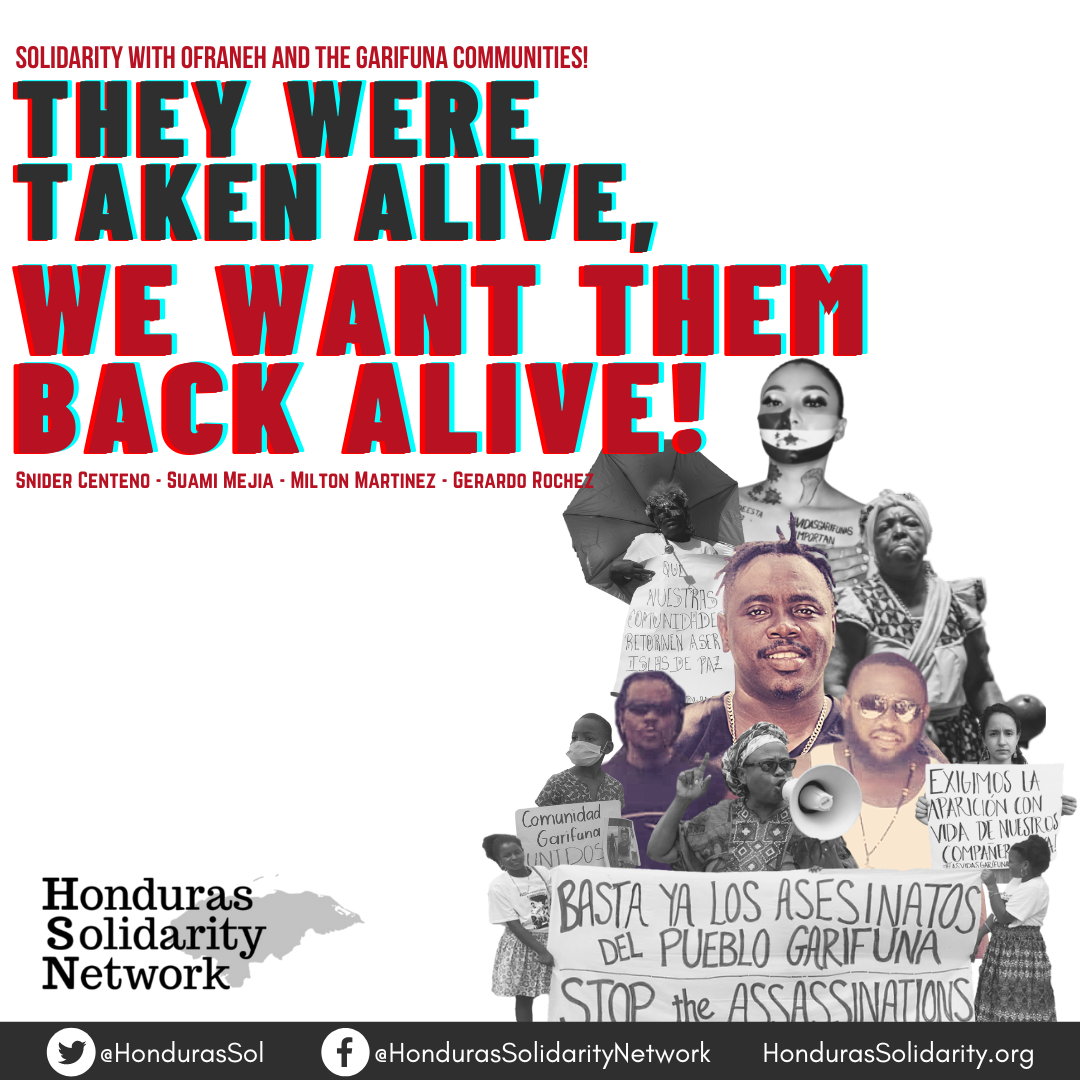Some time in the 17th century, a vessel carrying enslaved people from the west coast of Africa ran aground near the Caribbean island of St Vincent, close enough to shore that the survivors swam to land, disposed of their captors and settled alongside the Indigenous Carib-Arawak people, who already offered a safe haven to runaway slaves from other islands. The Afro-Indigenous culture that resulted came to be known as ‘Garifuna’ (meaning ‘Black Carib’). Their language derives from that of the Arawak, a people whose pre-Colombian origin is in the Orinoco River basin in Venezuela. Ralph Gonsalves, the prime minister of St Vincent and the Grenadines since 2001, had been visiting the village of Orinoco in Nicaragua, where some two thousand Garifuna now live. Orinoco is in a remote part of the Caribbean coast, accessible only by boat, and nearly 2500 km from St Vincent. The Garifuna diaspora is a consequence of the brutal treatment they received from the British when they were eventually colonised.

